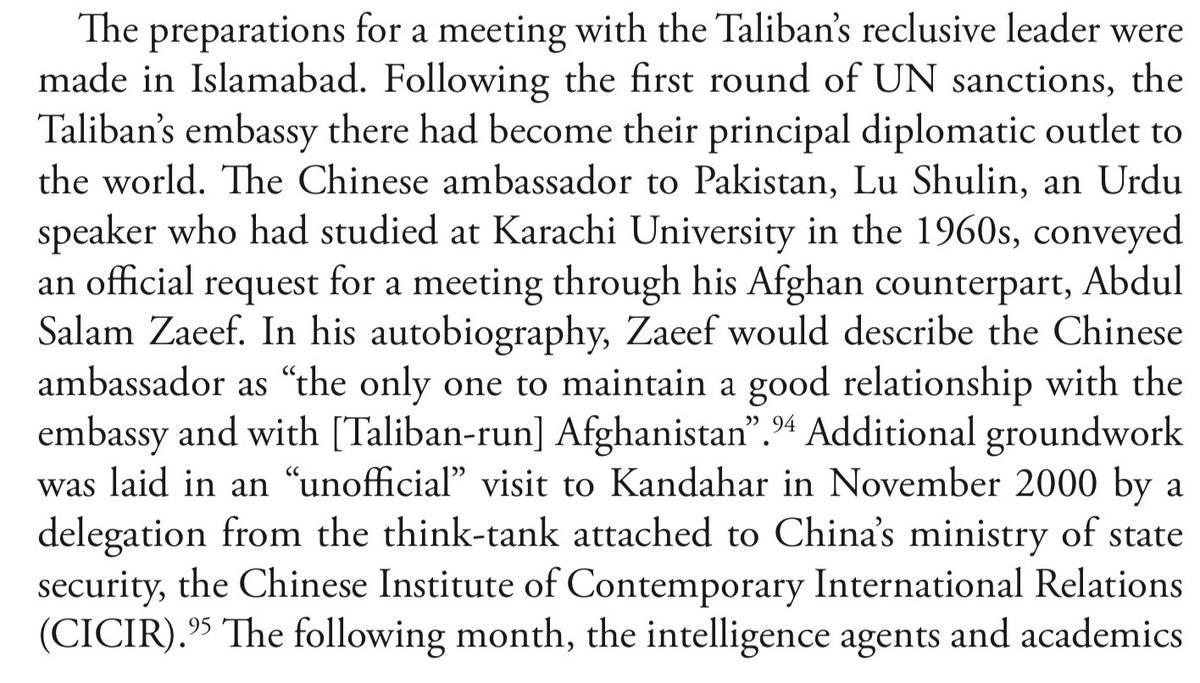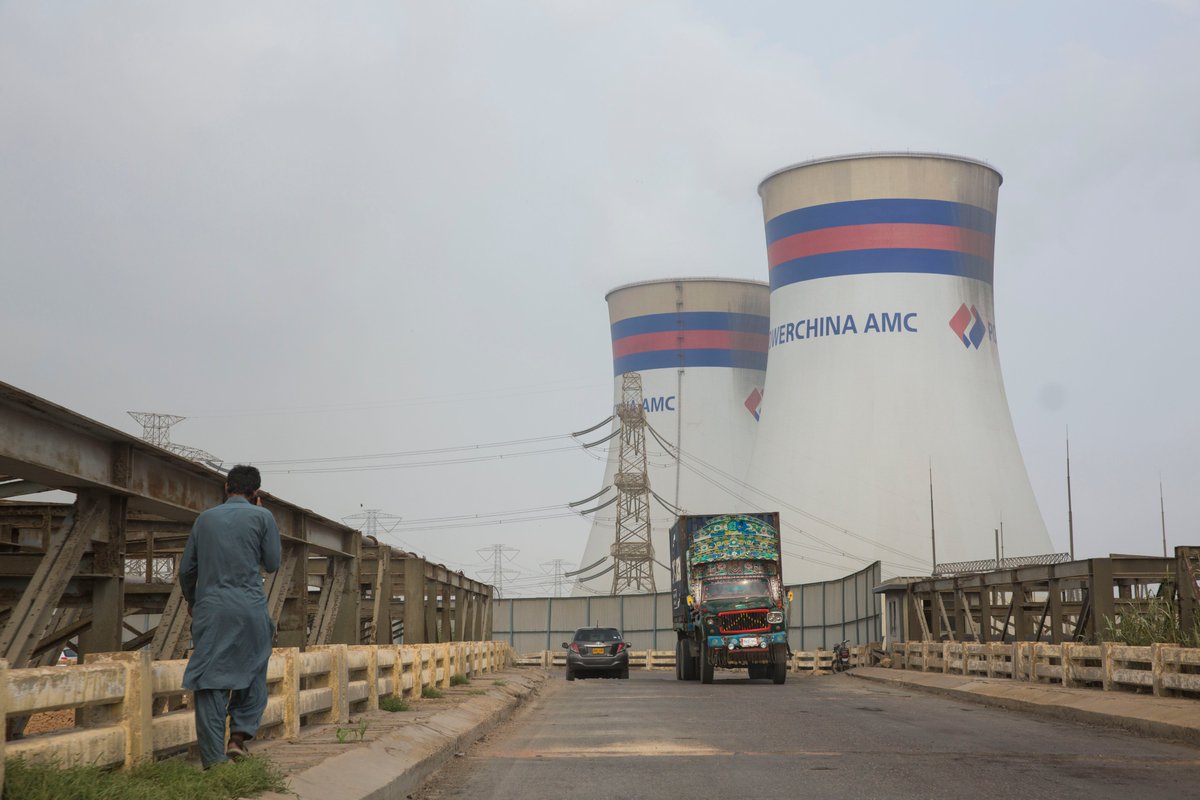
It was hard this week not to think back to the CAI drama in December, when Germany/France jammed the agreement through in the window before the Biden administration took office, taking advantage of Xi's interest in pre-emptively spiking US coalition-building on China 1/
https://twitter.com/jakejsullivan/status/1341180109118726144
It was characterized by its advocates as a victory for "strategic autonomy". In numerous meetings at the time, the suggestion that waiting for consultations with the new US administration might be mutually beneficial was treated almost as an affront to European sovereignty 2/
I raise this not in the spirit of whataboutism, nor to suggest that the CAI and AUKUS are remotely like-for-like, nor to suggest that the manner in which the latter was handled stemmed at all from the former 3/
But there are obvious implications from the entire episode and the general Merkel-Macron active differentiation efforts on China that we have seen since: politico.eu/article/macron… 4/
First, partners and allies in Asia facing a heightened level of coercion and perceived threat see the approach to China as a litmus test for reliability. It affects the quality, depth and scope of Europe's relationships in the region 5/
Second, US coalition-building on China will be tiered - the US will move further and faster with close allies who are willing to go "all in" and take more risks 6/
The European side is free to opt out, move more slowly, hold back, differentiate, but there will be areas of defense, technology, and economic cooperation that move ahead more quickly between other partners, which will have a distinct effect on European interests 7/
The flip side to this is that on many of the central elements of the US China agenda - particularly on the tech and strategic economic piece - moving ahead with small like-minded groups is insufficient. Partnership with the EU and its leading member states is still critical 8/
If doing the "easy" bits (not that AUKUS was easy...) comes at the expense of the bigger prize, the entire ally-centered China approach will undershoot; the mutual advantage gained from combining the world's largest economies and most advanced technological bases is vast 9/
It is incomprehensible that there wasn't a better way of handling dynamics with Europe's most important Indo-Pacific power (and the main force behind the EU's embrace of the entire Indo-Pacific agenda to boot: ec.europa.eu/commission/pre…) 10/
But the ball is not just in the US court. The Biden administration approached its early China talks with the Europeans by basically asking what sort of approach they would want if the two sides were to co-construct China policy. They have still not received a clear answer 11/
Transatlantic talks on China have proceeded relatively well. But there is also endless European signaling around straw men-"we don't agree on everything, we don't believe in decoupling, we don't want all-out confrontation"- rather than ambition to shape a coordinated approach 12/
The TTC will be the main EU-US space to watch on China, but we are already in the zone of downplaying expectations, and evidently this will all move slowly too (see: politico.eu/newsletter/dig… and politico.eu/newsletter/dig…) 13/ 

The AUKUS deal is indicative of the Biden admin's sense of the need to take serious, transformative steps to deal with the scale of the challenge they see from China. If the European side only wants "low-hanging fruit" for the next couple of years, that is not cost-free 14/
There is a lot moving on the EU's approach right now - the Indo-Pacific strategy is sharp, the connectivity "counter-BRI" agenda is finally in motion, the new suite of economic instruments is almost in place politico.eu/article/eu-lau…
https://twitter.com/GarimaMo/status/143882128074934682315/
We are also, with the German federal elections, potentially moving past the biggest drag factor on Europe collectively taking the kinds of measures vis-a-vis China - and the related transatlantic agenda - that even German industry now thinks are necessary 16/
But as long as the European approach lags behind what virtually all of its major democratic partners see as the new reality they are facing with China, developments like this week will be repeated, even if they are orchestrated with greater diplomatic finesse 17/17
• • •
Missing some Tweet in this thread? You can try to
force a refresh















